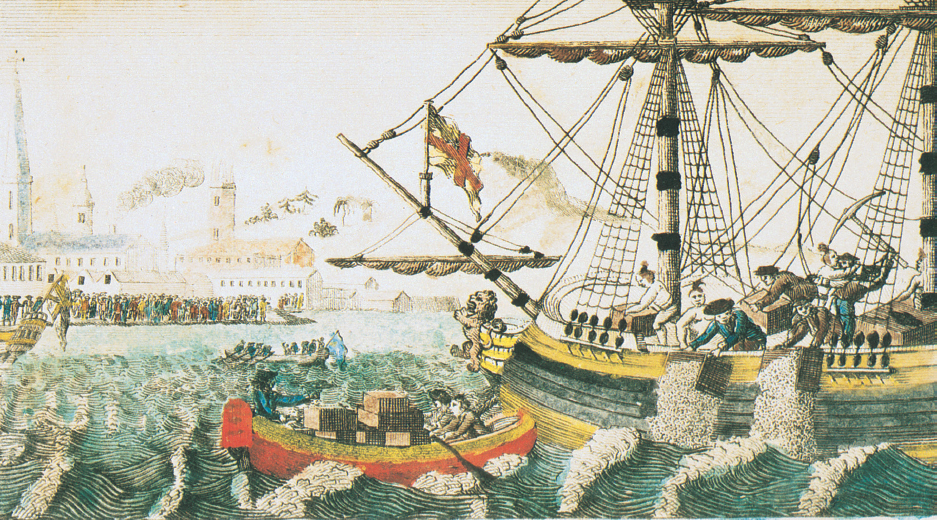America’s History: Printed Page 147
America: A Concise History: Printed Page 128
America’s History: Value Edition: Printed Page 126
From British North America to the United States of America
 Library of Congress.
Library of Congress.
After violently rejecting attempts to reform the British Empire, the Patriots won independence and began constructing republican governments. Their experiments extended across an entire generation, and it took still longer to decide how much power the federal republic should wield over the states. The political culture spawned by the Revolution was similarly unformed and slow to develop. Political parties, for example, were unanticipated by the founders and, at first, widely regarded as illegitimate. However, by 1820, they had become central to the adjudication of political conflict, heightening some forms of competition while blunting others. The United States also fought wars with Native Americans in the trans-Appalachian west to gain new territory, and with Great Britain to ensure its independence. Across three generations, American political culture was transformed, national borders were secured, and republican national and state governments commanded the allegiance of their citizens.